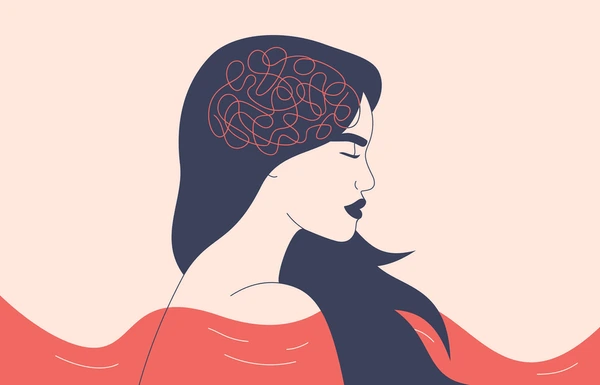Depression is a mental health condition affecting millions of people worldwide. It can impact emotional well-being, thought patterns, and daily behaviors. Understanding what depression is, its causes, and how it can be managed is a key step toward improving mental health. Here is more information on what this condition entails, why it occurs, and effective strategies to cope with it:
What Is Depression?
Depression is more than feeling sad or experiencing moments of low energy. It is characterized by persistent feelings of sadness, hopelessness, or a lack of interest in activities that were once pleasurable. It is classified as a mood disorder and may interfere with an individual’s ability to work, maintain relationships, or enjoy life.
This condition is defined by its duration and intensity. While occasional sadness is a normal human experience, depression typically lasts for weeks, months, or longer. It may require external support to address and manage effectively.
What Causes It?
Depression does not have a single cause but often arises from a combination of biological, psychological, and environmental factors. Biological factors, such as imbalances in brain chemistry, genetics, or hormonal changes, can contribute to its development. Psychological factors, including negative thought patterns, past trauma, or chronic stress, may also increase the risk of depression.
Environmental factors also play a significant role, with stressful life events such as job loss, relationship challenges, or financial difficulties being common contributors. The way these components interact varies from person to person. Gaining a better understanding of these potential causes helps identify areas that may need attention or support.
What Are the Symptoms?
The symptoms of depression can be emotional, cognitive, or physical. They may differ in severity among individuals. Common symptoms include:
- Persistent Sadness or feelings of emptiness.
- Fatigue or a consistent lack of energy.
- Difficulty Concentrating or making decisions.
- Loss of Interest in activities.
- Feelings of Worthlessness or excessive guilt.
Recognizing these symptoms is a valuable step toward seeking appropriate care and exploring coping mechanisms.
What Coping Strategies Help Manage Depression?
There are multiple strategies and treatments available for managing this condition, including:
- Relaxation Techniques: Practices like breathing exercises can reduce stress levels during episodes of heightened anxiety or sadness.
- Mindfulness Practices: Mindfulness meditation fosters present-moment awareness, which can enhance emotional resilience.
- Physical Activity: Regular exercise releases endorphins, often referred to as natural mood elevators.
- Cognitive Behavioral Therapy (CBT): This therapeutic approach focuses on identifying and changing harmful thought patterns.
- Interpersonal Therapy (IPT): IPT helps individuals explore how their interactions may influence their mood and develop healthy communication strategies.
Building a supportive routine, staying socially connected, and maintaining a balanced diet are additional ways to reinforce these strategies.
Why Should You See a Specialist?
Depression is a complex condition that often requires professional guidance for effective management. Therapists play a key role in providing personalized assessments and recommending suitable interventions. They work collaboratively with patients to explore emotional and psychological triggers, using structured approaches like cognitive behavioral therapy (CBT) or interpersonal therapy (IPT) to offer support and strategies for coping. Seeking professional help makes sure progress is monitored and care can be adjusted as needed.
Learn How To Cope Now
Depression is manageable with the right combination of strategies and support. By understanding the condition, exploring coping methods, and consulting specialists, individuals can work toward a healthier mental state. If you or someone you know is dealing with depression, taking action today can make a difference. Reach out to a mental health professional to take the next step in your wellness journey.
- Choosing the Right Plastic Surgeon for Your Cosmetic Procedure
- Understanding Different Types of Laser Treatments for Skin Rejuvenation
- Why a Family Dentist is Key for Maintaining Oral Health
- The Benefits of Regular Visits to a Wellness Spa
- Exploring the Emotional and Psychological Triggers of Eating Disorders


Leave a Reply